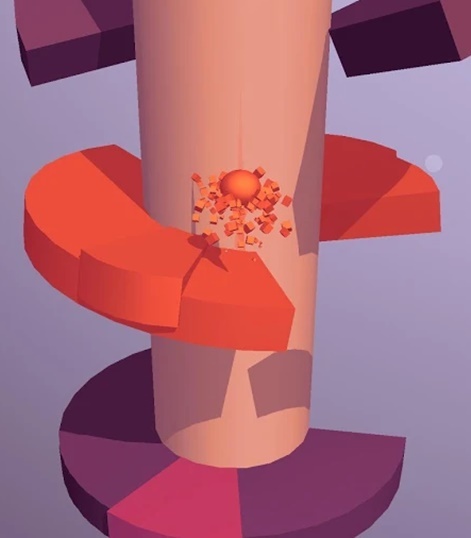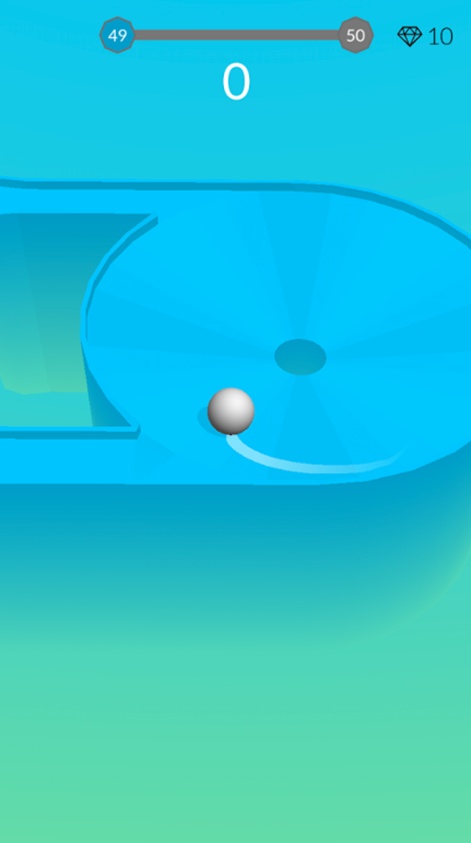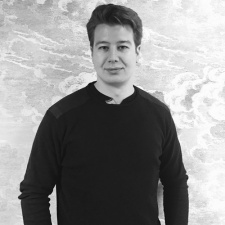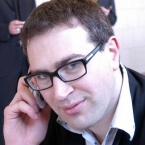Since being founded in 2013, French hyper-casual games outfit Voodoo has become a mainstay in public discourse.
It has found a regular stream of success with titles such as Paper.io, Dune! And Snake vs Block becoming mainstays in the App Store and Google Play download charts.
The French outfit also claims to have racked up partnerships with more than 400 studios worldwide.
Needless to say, Voodoo has figured out how to create chart-topping hits, which is evidenced by a $200 million show of faith from Goldman Sachs.
The company isn’t, however, without controversy, with accusations that its titles Hole.io and The Fish Master, for example, are clones of Ben Esposito’s Donut County and Vlambeer’s Ridiculous Fishing.
Amidst a backdrop of industry debate over whether Voodoo's strategy is 'good' for the sector, it continues to expand and recently opened a Berlin studio.
The new office is headed up by general manager Alexander Willink, who previously served as head of strategic partnerships at Gram Games, back when it also worked in hyper-casual prior to the launch of Merge Dragons and that company's acquisition by Zynga.
We caught up with Willink to find out more about Voodoo’s new studio, its plans for the local German industry and how its remit might eventually span beyond hyper-casual.
PocketGamer.Biz: What made you personally decide to join Voodoo?
Alexander Willink: Voodoo’s philosophy is one of empowerment – we are dedicated to giving our teams the tools they need to make the best games possible.
Berlin has a unique video games community that embodies a passion that is exciting and vibrant, while highly skilled.Alex Willink
This bottom-up approach really appealed to me, because I have been part of teams where managers are heavily involved in game creation and micromanage across teams.
I would rather work in small teams, testing fast and remaining creative - and creativity is my main focus for the Berlin studio.
I’ve also had a relationship with the founders Alex Yazdi and Laurent Ritter since my time at Apple.
Their passionate, personal approach to business has meant that they’ve grown Voodoo into a 100 game, 250 million monthly active user company in just six years.
I wanted to be a part of a family that is passionate about games.
What brings Voodoo to Germany, and Berlin in particular?
The success of our product portfolio and its domination of the iOS charts in the US have meant that we’ve grown rapidly as a company, and as a result, Berlin was a natural stepping stone in the European market, to continue our expansion.
Berlin has a unique video games community that embodies a passion that is exciting and vibrant, while highly skilled.
It is also a community that has been supported at the highest levels by the government, which offers some grants and support for companies.

Many games companies have also opened offices in Berlin, strengthening the sector and developing international recognition.
I am also keen to create a friendly office environment and definitive work/life balance, which is a lot easier to achieve in a smaller city.
Teams can live closer to the office without disruptive commuting times, meaning that employees enjoy their work when they arrive.
What are your short-term and long-term ambitions for the studio?
In the beginning, we will look to replicate the approach of the wider company – supporting our hyper-casual roots and reinstating our credentials as a tried and tested developer and publisher.
It’s really important to me that we don’t have a toxic environment where ideas are killed before discussing them, as I have seen in the past.Alex Willink
That said, we are excited to expand beyond this hyper-casual remit once the team is established, although this direction will be decided once we have a better understanding of what makes Berlin tick.
For example, I’d really love to take a dynamic approach, with the whole team deciding which route we take and what games we make.
It’s really important to me that we don’t have a toxic environment where ideas are killed before discussing them, as I have seen in the past.
Will this be a development or publishing house?
The studio will extend our in-house game development for the time being.
You said initially the new office will be focusing on hyper-casual games. What plans do you have outside of this genre?
The team and I will be sticking to the hyper-casual market for at least six months – building on my own experience and the rapid prototyping process that Voodoo is great at.
That said, the Berlin studio is open to multiple types of games. Our user acquisition team is very experienced and skilled at pushing games to the top of the charts and this is something I think we can do across any type of game.
We want to create game-changing products. Iconic titles like Helix Jump, Hole.io, 2048 and Flappy Bird that have positively impacted the market.
We want to be creative and ground-breaking and that potentially means evolving beyond hyper-casual.
Why are hyper-casual games so popular right now and what makes Voodoo stand out?
For players, hyper-casual games are lightweight and instantly playable. Easy to pick up and easy to put down.
They are also usually a lot more cost-efficient for users against their hardcore counterparts. For developers on the other hand, the speed of hyper-casual games production is exciting and innovative, as their fast creation requires constant creativity.

For me, that creativity is what makes Voodoo stand out. We know how important creativity is in a saturated market and Voodoo is dedicated to empowering creativity within its team.
That is why we focus on unburdening studios of jobs that take them away from doing what they do best; creating amazing games. We ensure that they can spend as much time as possible on actual game development.
That is exactly why we moved to Berlin, it has a community built on creativity and we are there to ensure that it stays that way.
How many staff do you aim to have by the end of 2019 and what professions are you looking for?
We plan to hire dozens of recruits for the Berlin studio before the end of next year – looking to eventually expand to between 30 and 40 people.
We want to be creative and ground-breaking and that potentially means evolving beyond hyper-casual.Alex Willink
Key to Voodoo’s success to date has been the ongoing investment in talent, which will be a key area of focus for the new studio.
At the moment, the Berlin office is focusing on recruiting on the development side, looking for talented game artists, designers and game developers.
Our speedy and agile development process is based upon our ‘small team’ strategy – where couples or trios of developers work on new projects constantly. Each team will test multiple games per month.
This is a great chance to enjoy constant excitement and invention, with a prototype approach that keeps our teams doing their best work.
How important is hiring local talent to you?
We are dedicated to embracing the passion Berlin has for game creation.
The city is home to a huge number of renowned game studios, bringing in a vast amount of fresh talent into the city, and we are committed to engaging with that talent.
In the same way, there is also access to a great talent pool from Central Europe, from Poland and Ukraine to Lithuania and Croatia.





















